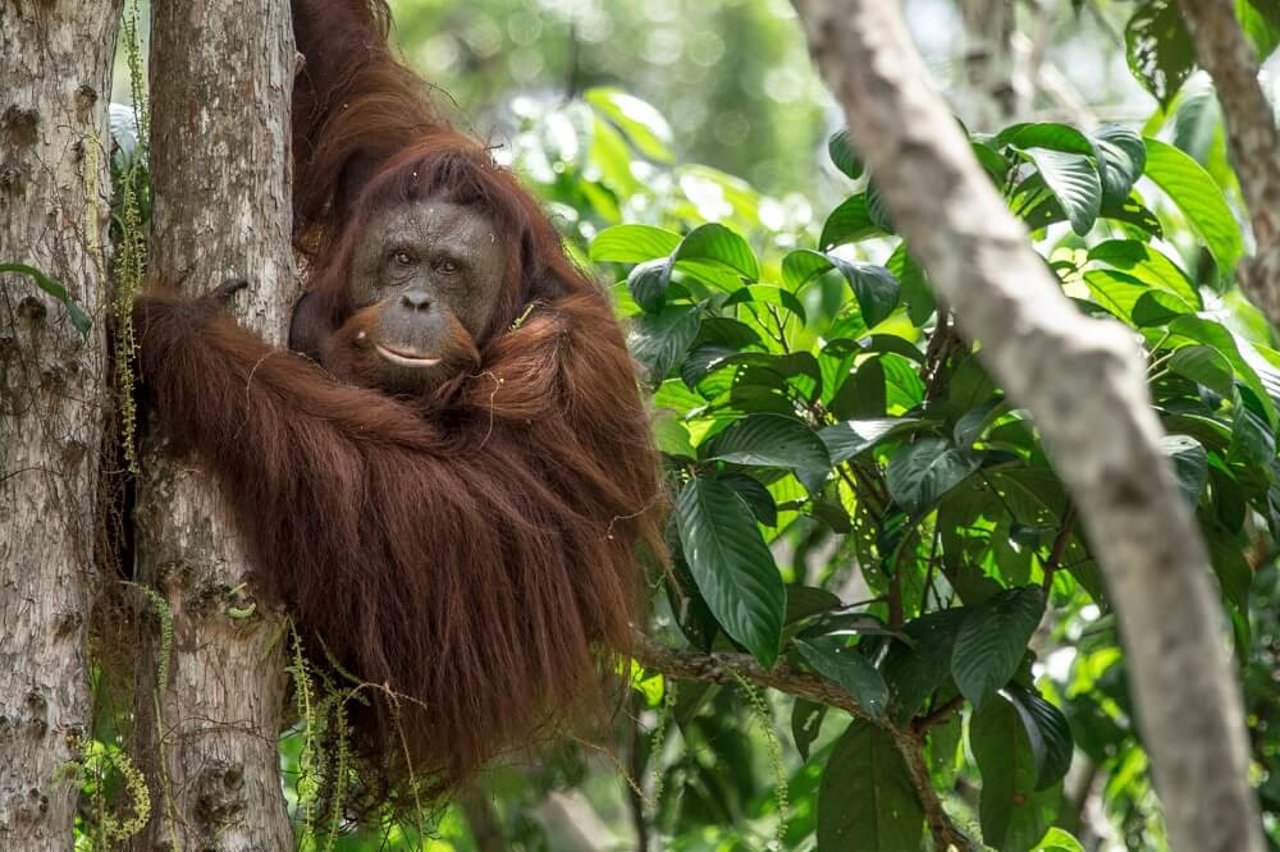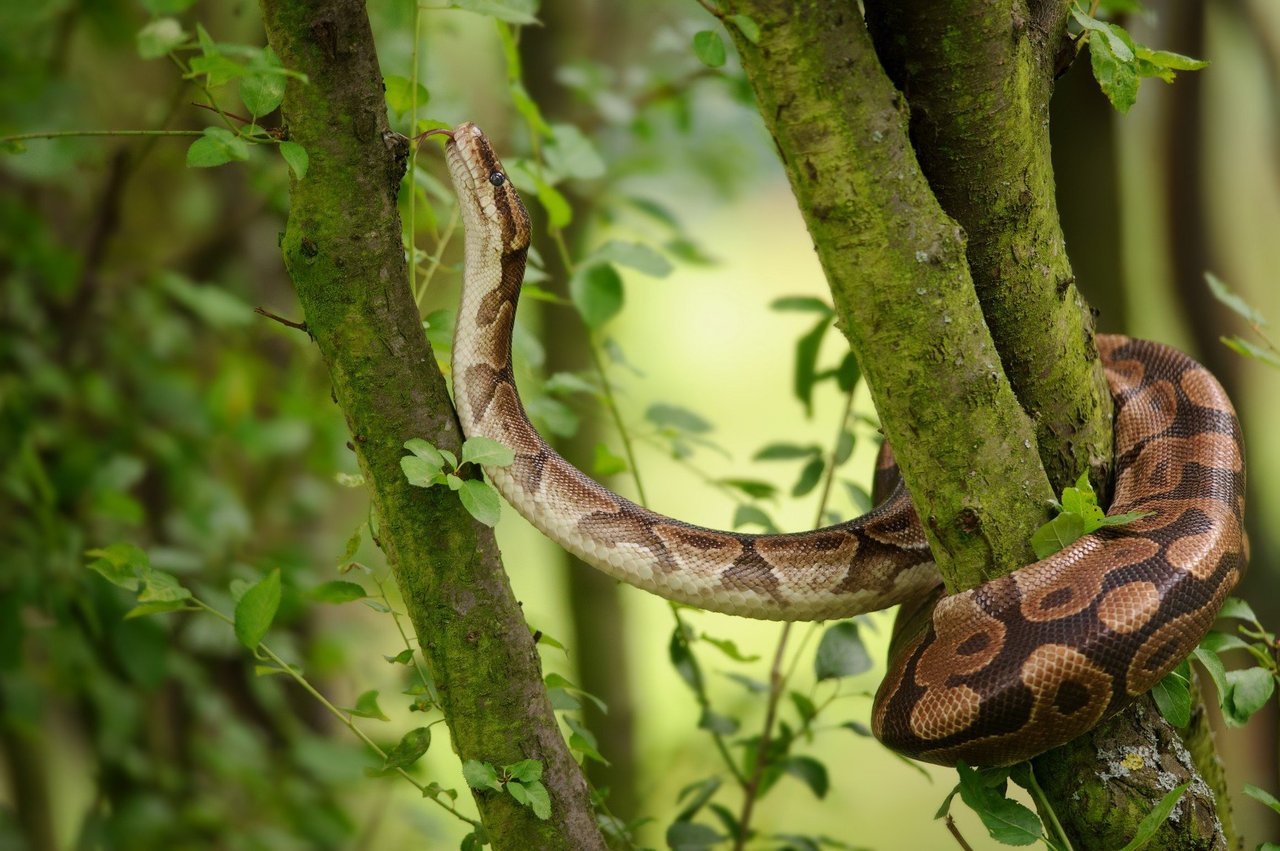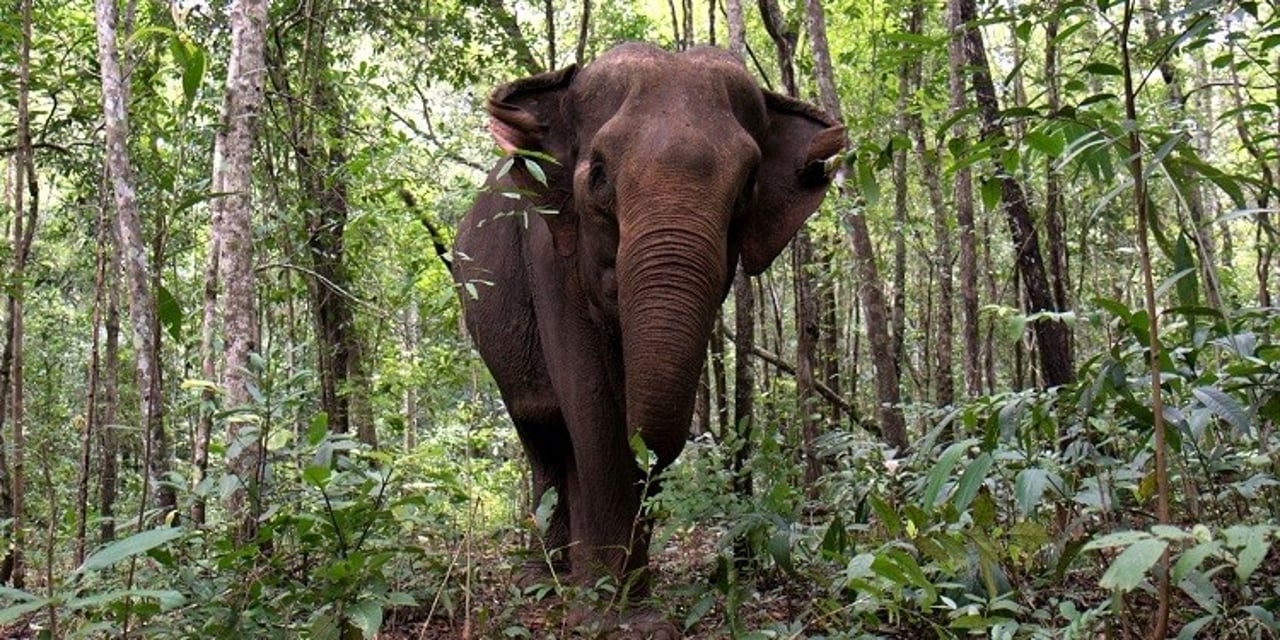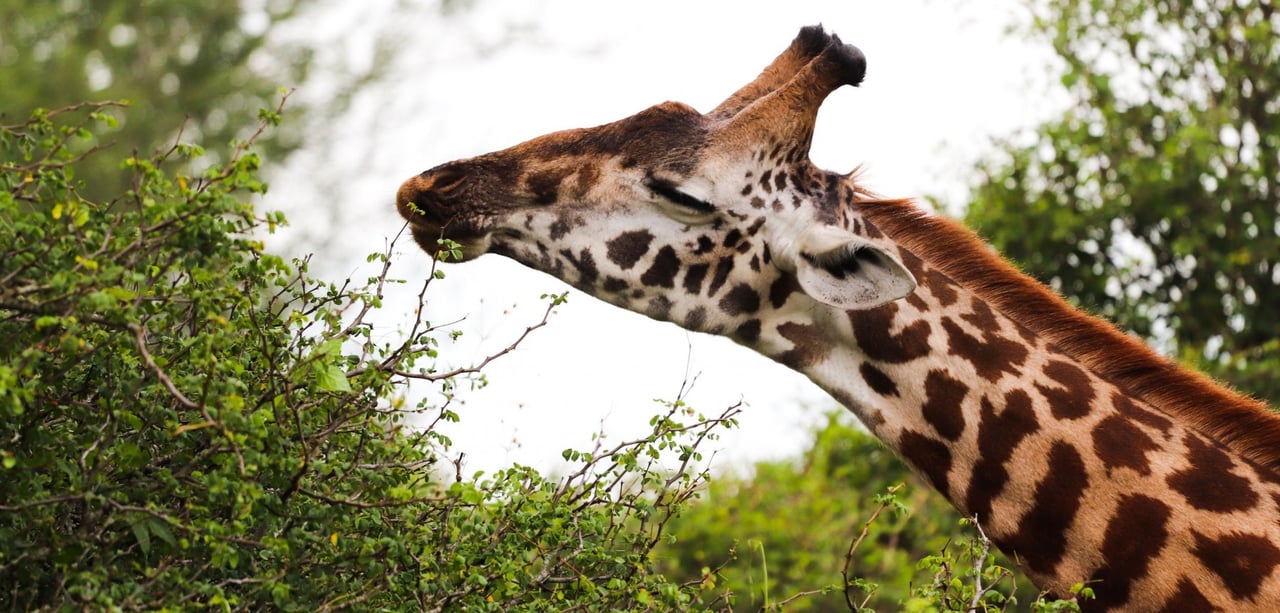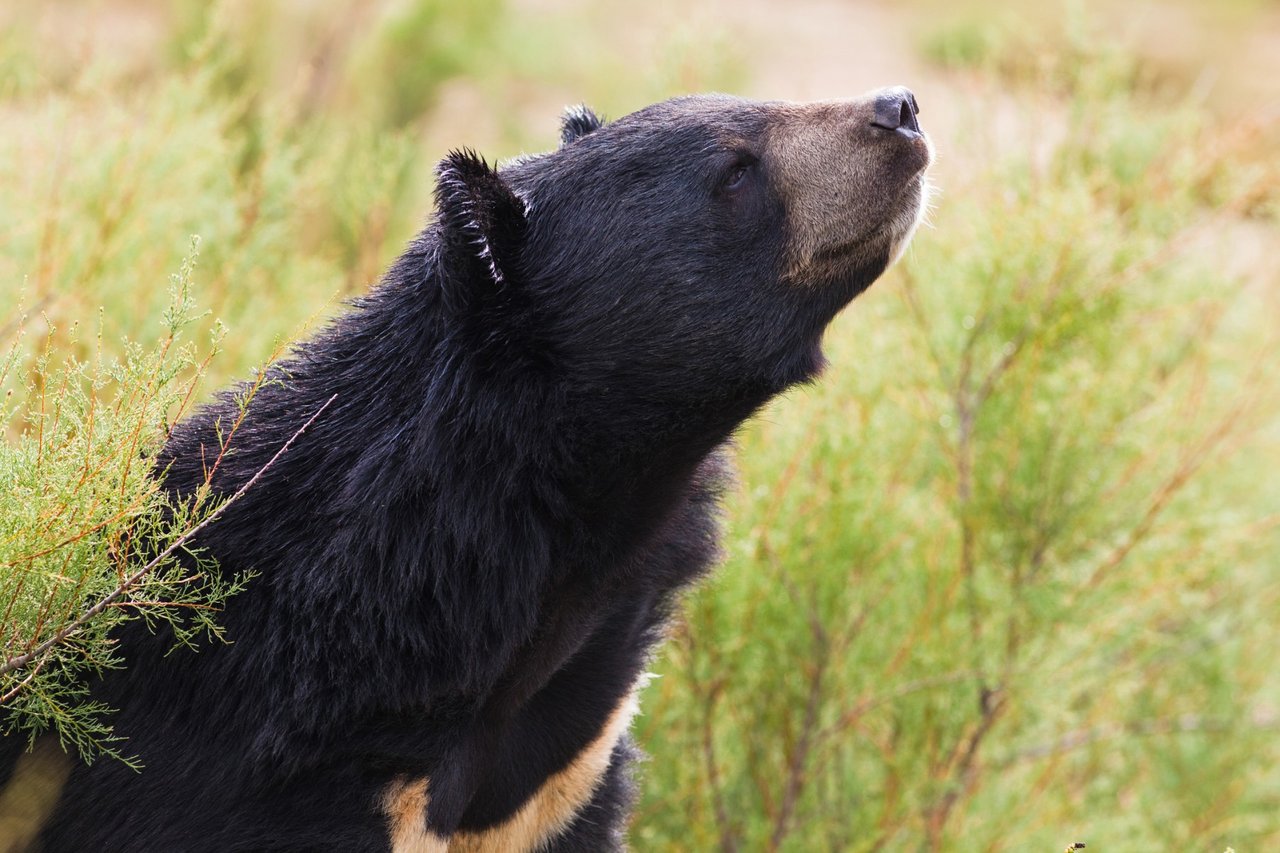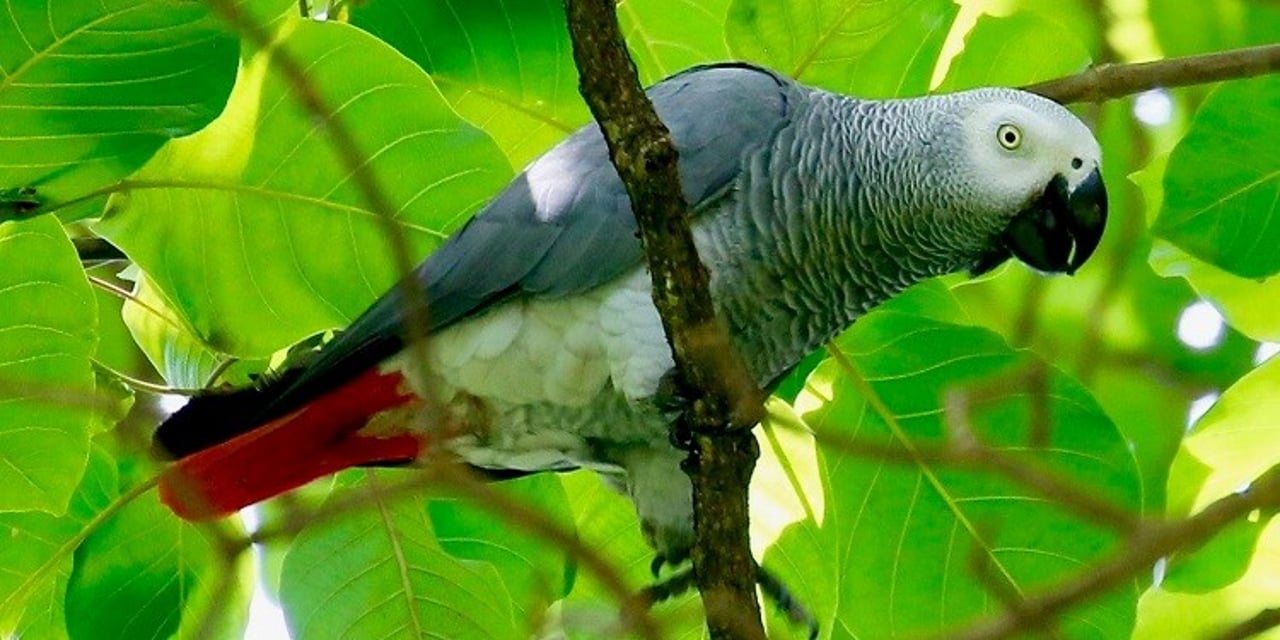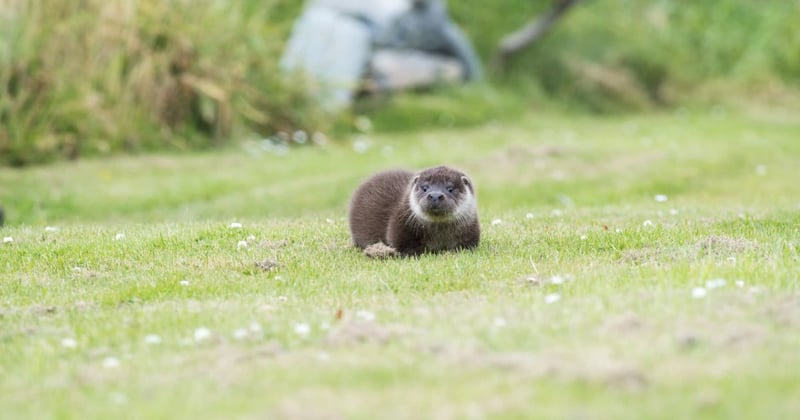
Seven reasons to fight for a global wildlife trade ban
News
We’re calling for an end to the cruel global wildlife trade – to prevent animal suffering, protect our planet and help prevent further zoonotic disease outbreaks like COVID-19. But we can’t do it without you
Whether as pets, entertainment, medicine or food – wild animals around the world endure a lifetime of suffering in the multi-billion dollar wildlife trade.
With COVID-19 thought to have started in a wet market selling wild animals, the pandemic is forcing us to see that the safety of our world depends on how we treat wildlife. Ending the wildlife trade won’t only protect animals, it will help protect people and the planet, too.
Here are just seven reasons to join the fight.
1. You will be protecting wild animals from extinction
An estimated 1 million animal and plant species are at imminent risk of extinction – and the wildlife trade is one of the main reasons why. Ending the trade will aid conservation efforts and help prevent these animals from disappearing forever.
Mamalasa the orangutan at Borneo Orangutan Survival Foundation's sanctuary - photo by World Animal Protection / Björn Vaughn
2. You’ll help prevent the spread of dangerous new diseases
Over 60% of all emerging infectious diseases are zoonotic and 72% of these are thought to come from wild animals. By ending the exploitation of wildlife, we will significantly reduce the risk of another pandemic caused by a zoonotic disease.
A ball python in the wild
3. You’ll stop the exploitation of wild animals for entertainment
Elephants, tigers, bears and other species are used for entertainment around the world. In Asia alone, over 3,000 elephants are trapped in tourist venues. They endure cruel training, overwork, isolation and terrible conditions, leading to a range of psychological and physical illnesses.
An elephant at Elephant Valley Project (EVP) in Cambodia
4. You’ll help protect and restore our planet
An estimated 5.6 gigatons of carbon is absorbed by our natural environment each year. But tragically, biodiversity is declining faster than at any rate in human history, resulting in severely depleted ecosystems.
When the health of our forests and oceans deteriorates, they are less able to absorb climate warming gases and provide food, clean water and air. Conserving wild animals and their natural habitats can help us to combat the climate crisis and protect the natural resources needed by us all.
A giraffe in Nairobi National Park, Kenya - photo by World Animal Protection / Laura Hewison
5. You’ll help prevent another economic depression
As a result of the COVID-19 pandemic, a global economic downturn of nearly 5% has been predicted – potentially leading to unemployment, poverty and hunger for people around the world. Banning the cruel global wildlife trade will reduce the risk of another outbreak and help protect our livelihoods.
A wild dolphin leaps out of the water
6. You’ll help stop wild animals being used in traditional medicine
Approximately 24,000 bears in Asia are held captive so their bile can be harvested for traditional medicine. They may be kept in tiny cages their entire life, fed terrible diets and forced to undergo torturously painful bile extractions. Your voice can help end the cruelty inflicted on bears and other wild animals farmed for their bile, bones and other body parts.
A wild black bear enjoying nature - photo by Istock
8. You’ll prevent millions of wild animals entering the exotic pet trade
Nearly 20 million wild animals are currently kept as exotic pets in the US, UK and Canada alone. African grey parrots, Asian otters, ball pythons and other species often endure long and perilous journeys only to be kept in conditions that can never meet their needs.
An African grey parrot in Entebbe Botanical Gardens, Uganda
Still not convinced? COVID-19 has shown that wildlife trade can disproportionately affect vulnerable communities through its harmful impact on livelihoods and wellbeing. The legal trade in wild animals as exotic pets, entertainment, and traditional medicine can also act as a cover for illegal wildlife trade activity. The illicit trade is linked with corruption, terrorism and the arms and drugs trade.
Strict enforcement of a wildlife trade ban would help fight criminal activity and improve people's health. It also means ethical industries based on the intrinsic value of wildlife have a better chance of developing – benefiting people as well as wild animals.
These are just seven reasons to fight to end the global trade of wild animals – but there are many, many more.
Together, we can protect people, animals and our planet.
